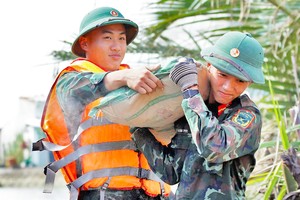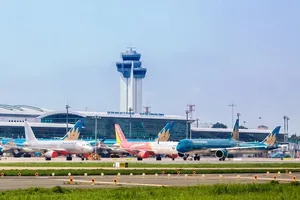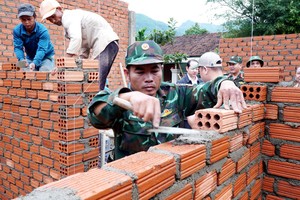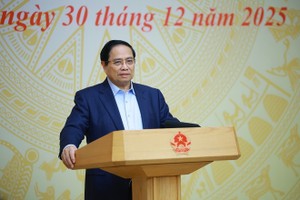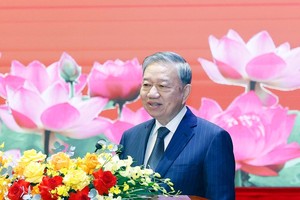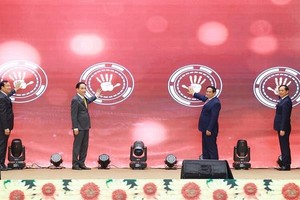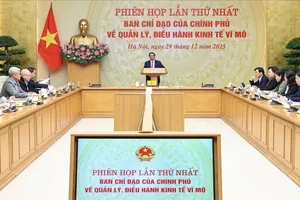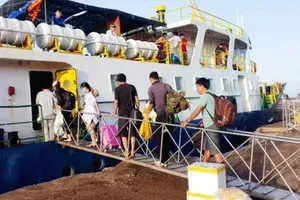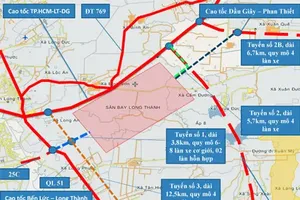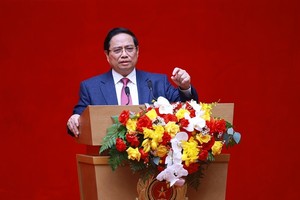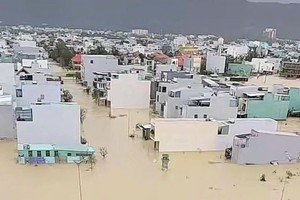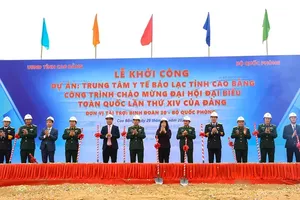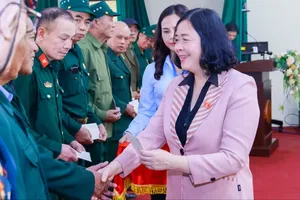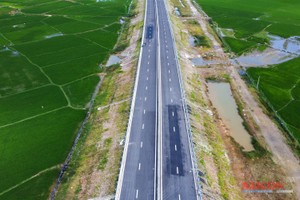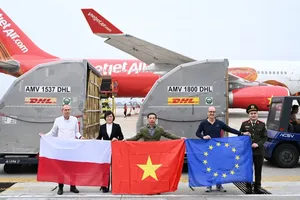 Illustrative photo. (Source: SGGP)
Illustrative photo. (Source: SGGP)
Chinh suggested the Czech Government transfer their unused vaccines to Vietnam, help it access other sources of vaccines as many as and as soon as possible, and aid the Southeast Asian nation with medical supplies.
In reply, Babis said the Czech Republic stands ready to support and cooperate with Vietnam in this regard, including the transfer of 500,000 vaccine doses and a number of rapid test kits.
The Czech Republic will also call on other European countries to help Vietnam with Covid-19 vaccines like AstraZeneca, Pfizer, Moderna and Sinopharm that are being used in the region.
The two PMs compared notes on measures to lift the traditional friendship and multi-faceted cooperation between the two countries to a new height in a more effective manner.
They also consented to maintain all-level meetings flexibly based on the real situation.
On this occasion, Chinh invited Babis to visit Vietnam as early as possible. The Czech PM said he wishes to visit the country this year.
Regarding trade and investment ties, Chinh suggested the two sides closely coordinate to maximise the EU-Vietnam Free Trade Agreement (EVFTA) and the EU-Vietnam Investment Protection Agreement (EVIPA).
The leaders agreed to step up cooperation in some priority areas like auto industry, transportation, education-training, national defence-security, and sending Vietnamese nurses to work in the Czech Republic.
They also concurred to further facilitate the export of Vietnamese goods and agricultural products, especially seasonal fruits, to the Czech market and the EU at large.
A direct air route between Vietnam and the Czech Republic will be launched when possible, as agreed by the PMs.
Chinh thanked Czech leaders and authorities at all levels for creating conditions for the Vietnamese community to live and integrate into the host society.
Babis spoke highly of the Vietnamese community’s actively role, and expressed his hope that they will make more contributions to the bilateral friendship and cooperation.
The leaders agreed to further intensify cooperation between the two countries at multilateral forums.
They also shared views on certain regional and international matters of shared concern, including the East Sea issue. They stressed the need to ensure security, safety and freedom of navigation and aviation in the waters, and settle disputes through peaceful measures, in accordance with international law and the 1982 United Nations Convention on the Law of the Sea (1982 UNCLOS).
